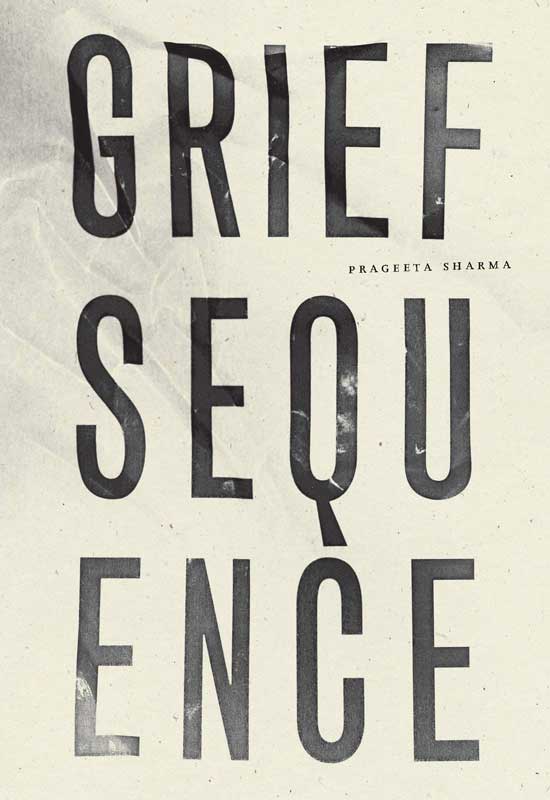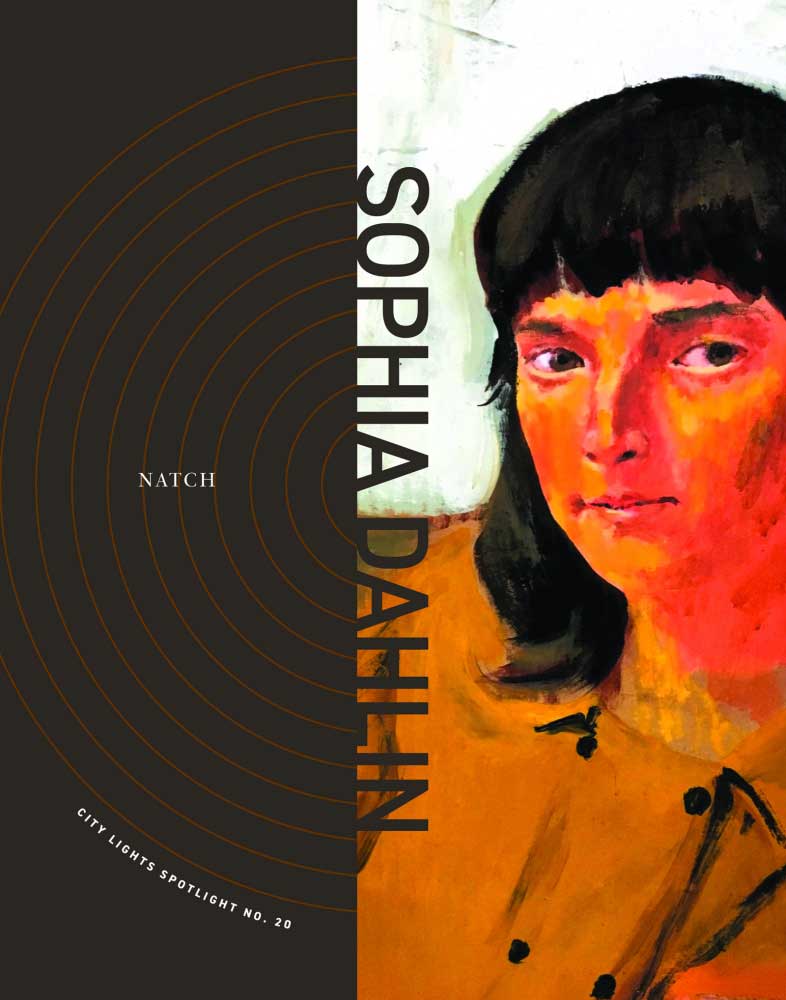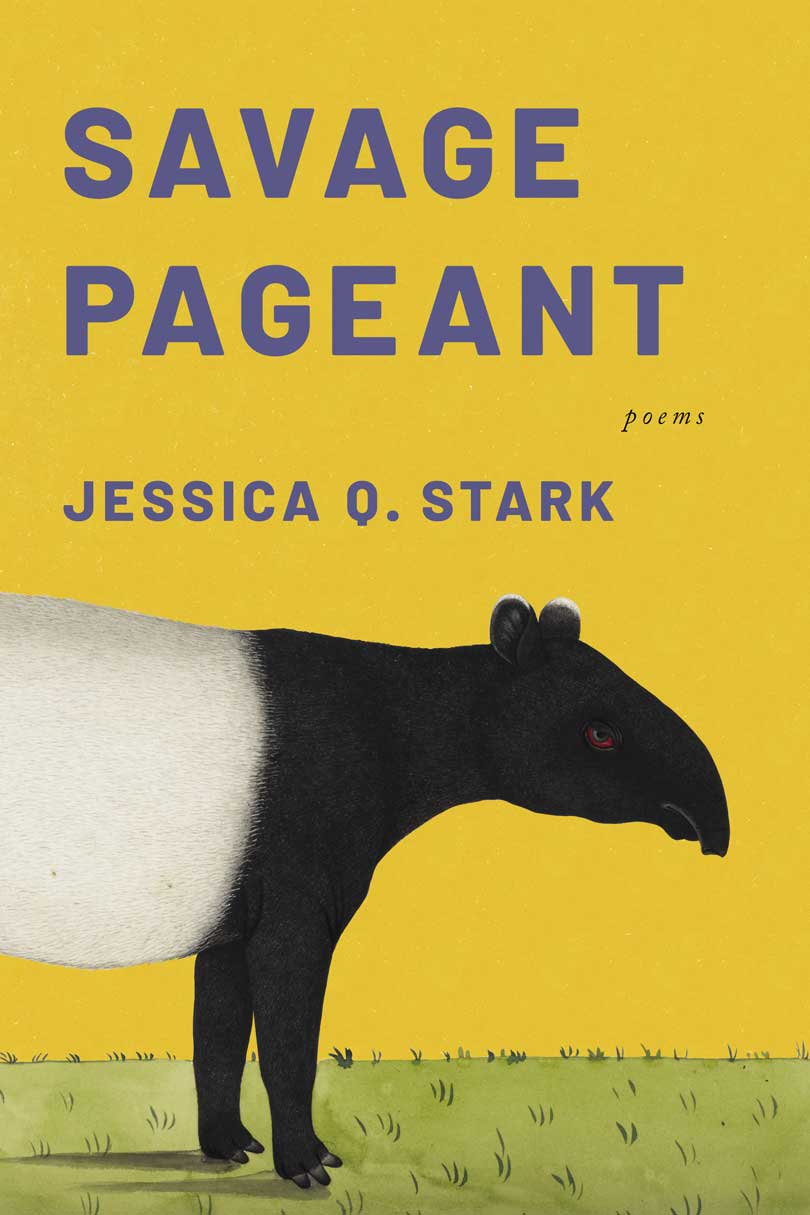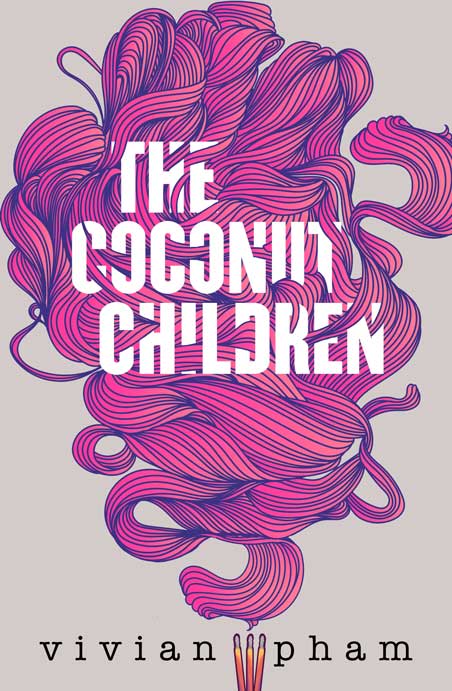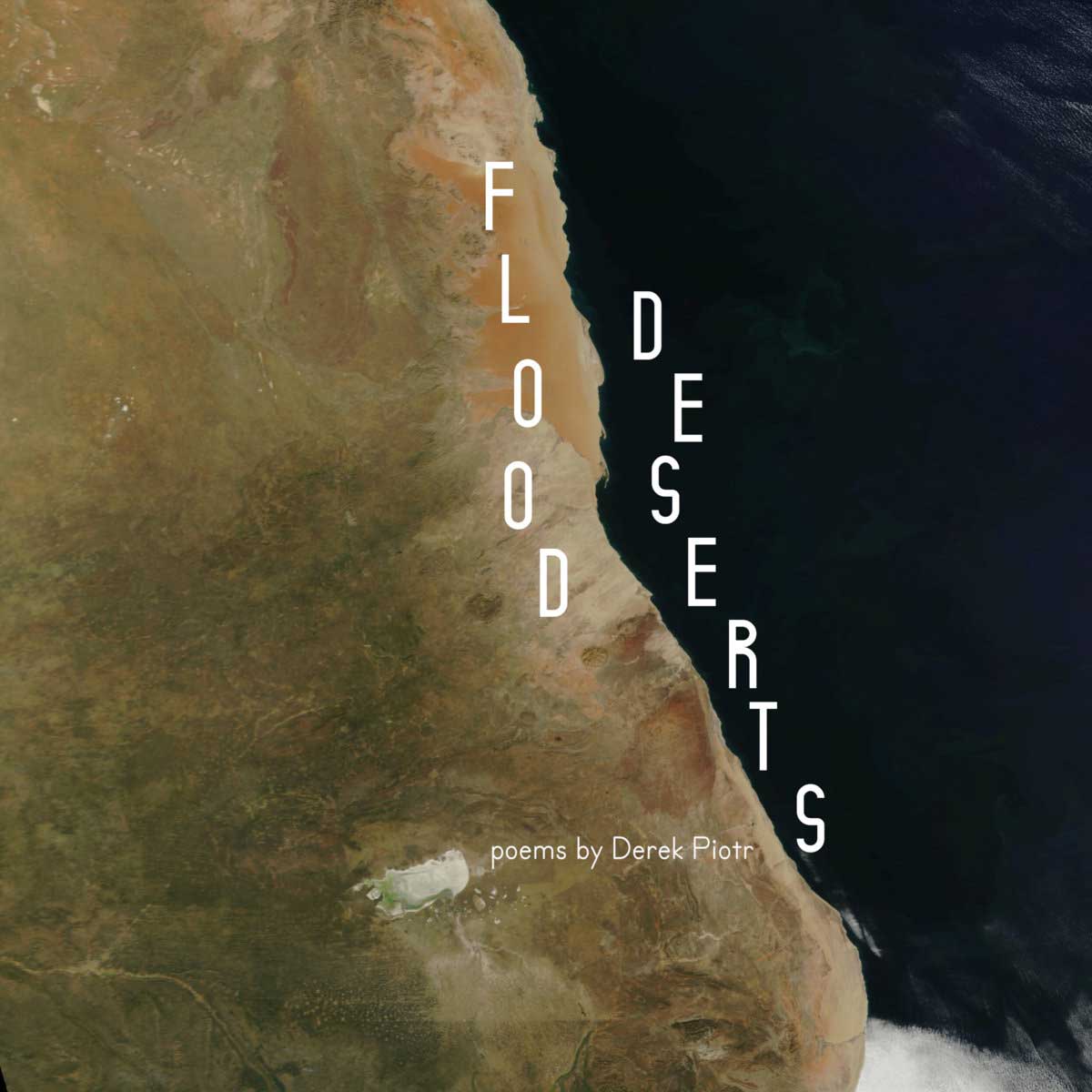GRIEF SEQUENCE
BY PRAGEETA SHARMA
- Prageeta Sharma’s Grief Sequence from Wave Books, just published in September of last year. I met Prageeta Sharma in Claremont, CA for a reading just a few weeks before COVID-19 hit the United States hard. She was probably one of the last poets I met before everything became unimaginable. I will always revere how hard it is now to meet an incredible poet like Prageeta, how hard it is to talk to another writer without a face mask, how the small quotidian gesture of connecting with another could easily define our buoyancy and sanguinity to come. As she writes so aptly in Grief Sequence,
“Seclusion may kill your heart in the process of producing love-stained stench in your poems, the ones containing boundaries of shame with their sober problems—bits describing loss mirroring its inward entanglements, glow-torches you have never seen before. You light them with two selves and don’t wait for anything to flicker false.”
During this wild, unprecedented, heartbreaking time, there isn’t a better book to hold, to keep, to lantern, to peak, to embrace, to artillerate (art, artilleries, literacy) than Prageeta Sharma’s grief book. I love her poetry. What I love most about it is how wisely layered and majestic her language and her composition are. As if she has arrived from the future with a dozen third eyes, with her pockets filled with wisdom and prophecy and intuition. Once you read her work, you’ll realize that she has tapped into an experience that should be the primary love language of your consciousness; you won’t understand how you moved in this world so long without it. You will sit down with her work and you say: no more. Doesn’t the cover of her book break your heart? The title of her grief so big? Her name so small? I also miss her kindness. One way for me, I think, to experience her kindness is to read her poetry.
NATCH
BY SOPHIA DAHLIN
Sophia Dahlin’s Natch from City Lights won’t come out until this Fall, the 1st of September to be more precise. Because I am blurbing her work, I am very fortunate to have the first glance, the first sampling of many first samplings. Her mutant language has repetition, but not in the way you might imagine it—more like repetition that stands outside itself, watching itself transform into a familiar word that isn’t at all familiar. For instance, “my yawn” says the sofa, “a symptom of my night, my night a symptom.” The speaker here, obviously, is Sophia the sofa. With a slight semantic switch of the hand, she flips words on their backs and bestows on “night” and “symptom” a particular paradoxical vocal cord that expands the noetic intimacy of such words without creating unnecessary havoc on the page. (Even some of her titles give you a fresh start on language, for example: “My Heart Buoys When I Buhold.” )
Since meeting her in Providence in 2013, over a massively river-sought friendship, I have always felt at home in Sophie’s work. She is in herself a “sofa”, as she writes so mischievously, “my name means sofa in three languages and I am yours (which) I wait for you, stuffed into posture.” Once you recline in her, you will feel comfortable immediately. So please mark this book on your calendar for a much-anticipated nuptial want: to purchase, to hold, to cherish. This is her debut collection and one with a valiant, experimental force that not only showcases the coded, playful, witty drive of her imagination, but also how sensually intelligent, erotic, and stratifying it is.
SAVAGE PAGEANT
BY JESSICA Q. STARK
I got to know Jessica a bit more when she and I made bánh xèo in her Durham home. I have always admired her resilience and her courage. What better way to express that admiration than by rereading her book. Her book came out in the midst of COVID-19—let us give her a small makeshift tour by recapturing what Bhanu Kapil imparted so well about it:
“In Jessica Stark’s Savage Pageant, this map is an ‘undulation,’ a ‘fold,’ something lightly sketched then traced on “something blackened, worn-out, and organized.’ Stark’s brilliant move in this powerful new work is to problematize the paper itself: the surfaces that receive the many marks that a poet, an inhabitant, an animal, an archivist or an audience-member might make. I loved, most of all, the ‘strange beasts’ that are drawn and written with such lavish and specific curiosity. There was a consistent feeling of delight and surprise as I moved through the social and mythological world of blood, verbs, and ‘stories better left unsaid’ that Stark makes and un-makes. What a brilliant writer. What a lovely and strange book.”
THE COCONUT CHILDREN
BY VIVIAN PHAM
I know nothing about this book yet—other than its prodigious, alacritous, wild publicity that has titillated my inbox. A week ago, Dao Strom sent me this link, which I think should capture everything about the book’s wildness. As Stephanie Wood, the author of that article, encapsulates so devastatingly, “At age 16, a Sydney schoolgirl joined a young people’s writing workshop—and produced a 90,000-word novel that astonished a senior editor and sparked a publishing bidding war.”
I can’t wait to read her The Coconut Children! I can’t wait to get to know her! So far, from her Wiki page, I know this much about her:
“Vivian Pham is a Vietnamese-Australian fiction writer, closet poet, amateur screenwriter, university student and hopeful dropout if any of the aforementioned ventures take flight. Her father was a Vietnamese boat refugee, and she grew up loving stories because she knew there was one inside of him.”
FLOOD DESERTS
BY DEREK PIOTR
This beautiful book is coming out this June 12th. So very soon, just right around the corner. I knew Derek first as a musician, before his poetry shattered me with the rawness and bruising of its fruits. His poetry, like his sound work (in his own words), “covers genres as diverse as glitch, leftfield pop, chamber chance, and drone; and is primarily concerned with tenderness, fragility, beauty, and brutality.” To mix things up and you give you a more personalized sense of his work, I asked him a few questions about his book over a game of online scrabble. Here he writes,
“flood deserts. the title is both a command, (a request), and a compound contrastual noun.
this collection is an archive that has been dusted severely, altering its surface. it feels entirely new.
the collection spans ten years of writing 2010-2020. i feel that in editing these poems i have reincarnated them.
i hope that readers experience a heightened sense of beauty and comfort and truth when reading this collection.
many of the works involve root, sand, rain, sunlight, and birds. i boil their alchemical natures into signposts of feeling.
my hope is to reach as many readers as possible with this collection, submitting it wherever i can for review, award, or excerpts published. i feel that these written works are of a different avenue than my music; both involve intense mediation on beauty, i am excited to see where the book finds a further root.”
I have always felt very close to Derek’s work. His aesthetics are filled with prehistoric ache and a deep sadness that is impossible to explain. In this colletion, he writes, “I am a river of gratitude./ Before this, I was a fish –/ or nearly, eyeless and primordial.” Don’t you want to be grateful or a fish with Derek by picking up his debut poetry book?
